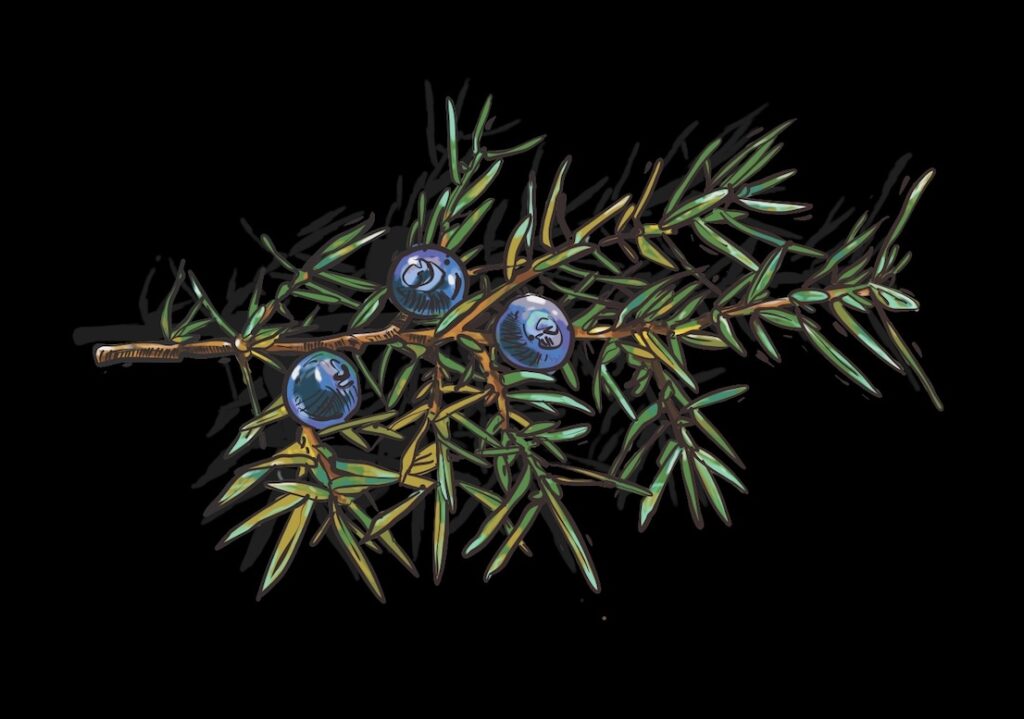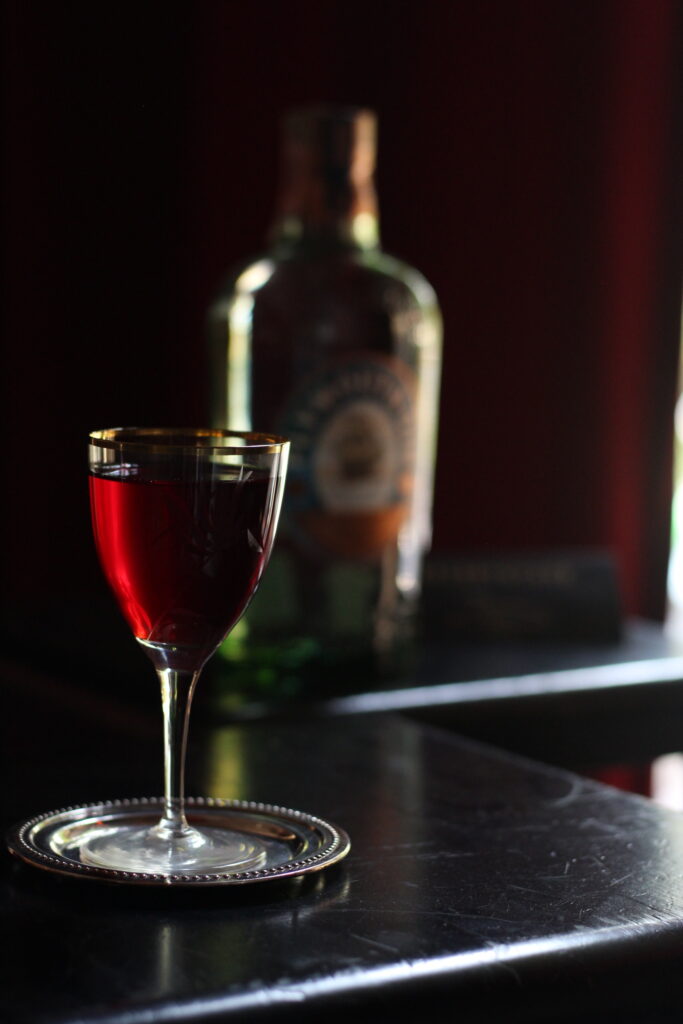The question “What’s your favorite spirit?” often arises behind the bar. While my taste preferences lean toward whiskey, when it comes to crafting or exploring cocktails, gin is unequivocally my choice.
Gin, once considered the top spirit in classic American bars, held a place in my early articles influencing the local bar scene. However, credit for its popularity with guests is owed, in part, to bartenders. Today, younger bartenders listen to their guests’ preferences, creating tailored cocktails or suggesting from their menus.

The gin boom owes thanks to manufacturers—traditional brands with new editions and innovative crafters flooding the market. Individuals like Martin Zufanek of OMG, Jared Brown of Sipsmith, and Alex Stein of Monkey 47 deserve acknowledgment for their attention to detail in small-batch production.
My preferred gin for crafting cocktails remains classic Plymouth Gin. Its allure might be the quality, historical significance, or simply its association with legendary bartender Harry Craddock. It’s a blend of these factors, plus Plymouth’s unique standing outside traditional gin categories.
In modern bars, the focus shifted. Diversification in gin brands replaced the earlier bar culture, where Manhattan, Negroni, or Bloody Mary indicated a bar’s quality. Today, differentiation is the key. Bars aim to add their touch, using local products or unique concepts.
The complexities of modern bars involve techniques like infusions, sous-vide, re-distillation, and clarification. Yet, simplicity can amaze. The Zaza cocktail captivated me for its complexity despite comprising only two ingredients.
This cocktail traces back to 1898, inspired by a theatrical production in Paris, later debuting on Broadway in 1899. Its origins, credited to a bartender or a producer, remain unclear. Early recipes varied subtly, such as Jacques Straub’s version from 1913 or Eddie Clarke’s take in Shaking with Eddie (1948).
Despite the recipe discrepancies, the Zaza cocktail became synonymous with the Dubonnet Cocktail or a variation of the Martini Dry, swapping vermouth for French wine. Its history, spanning multiple names and versions, adds to its allure.
Today, the Zaza cocktail remains a favored aperitif, even enjoyed by the English Queen. So, why not delight your guests with this historical drink?

ZAZA COCKTAIL
- 20 ml (2/3 oz) Plymouth Gin
- 20 ml (2/3 oz) Plymouth Navy Strength Gin
- 20 ml (2/3 oz) Dubonnet
Combine all ingredients in a chilled mixing glass with quality ice. Stir well, strain into a cocktail glass, and garnish with orange zest.



